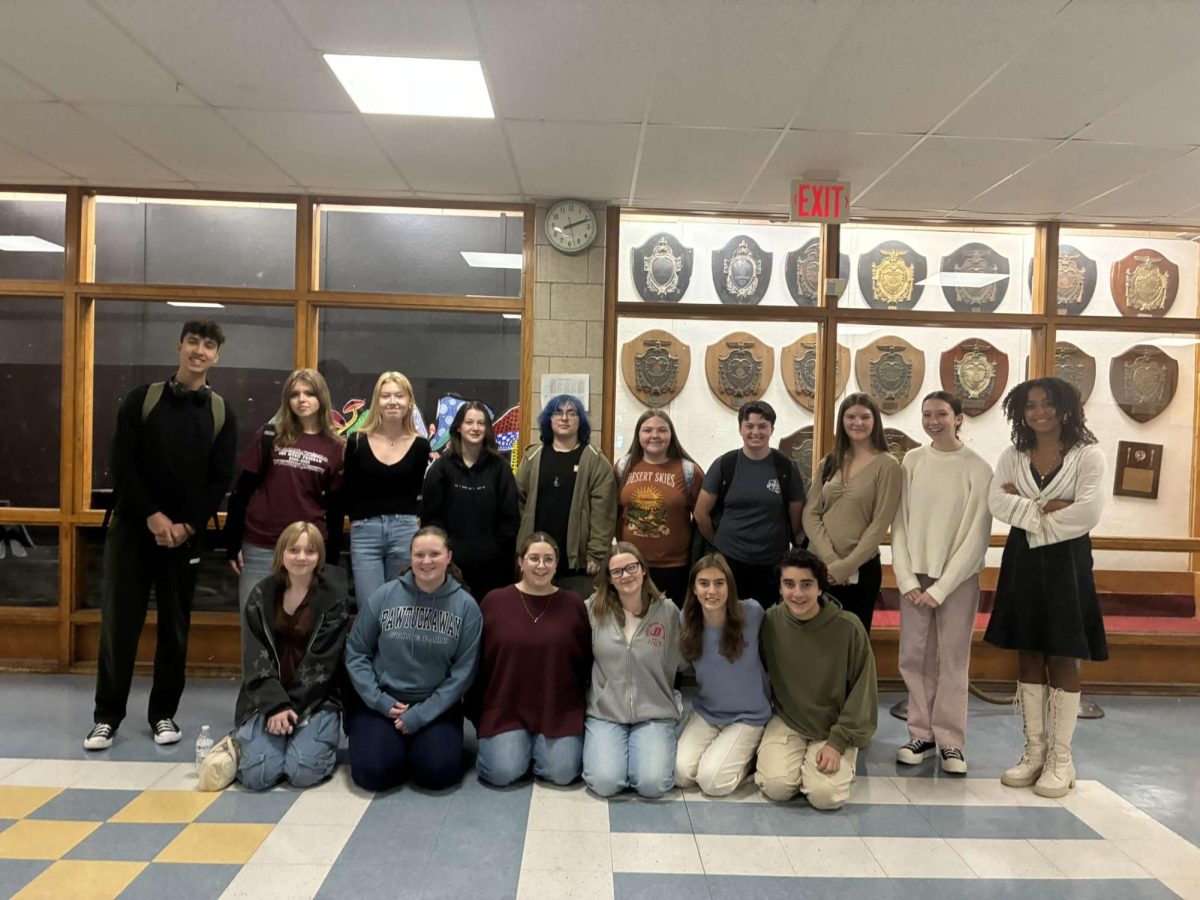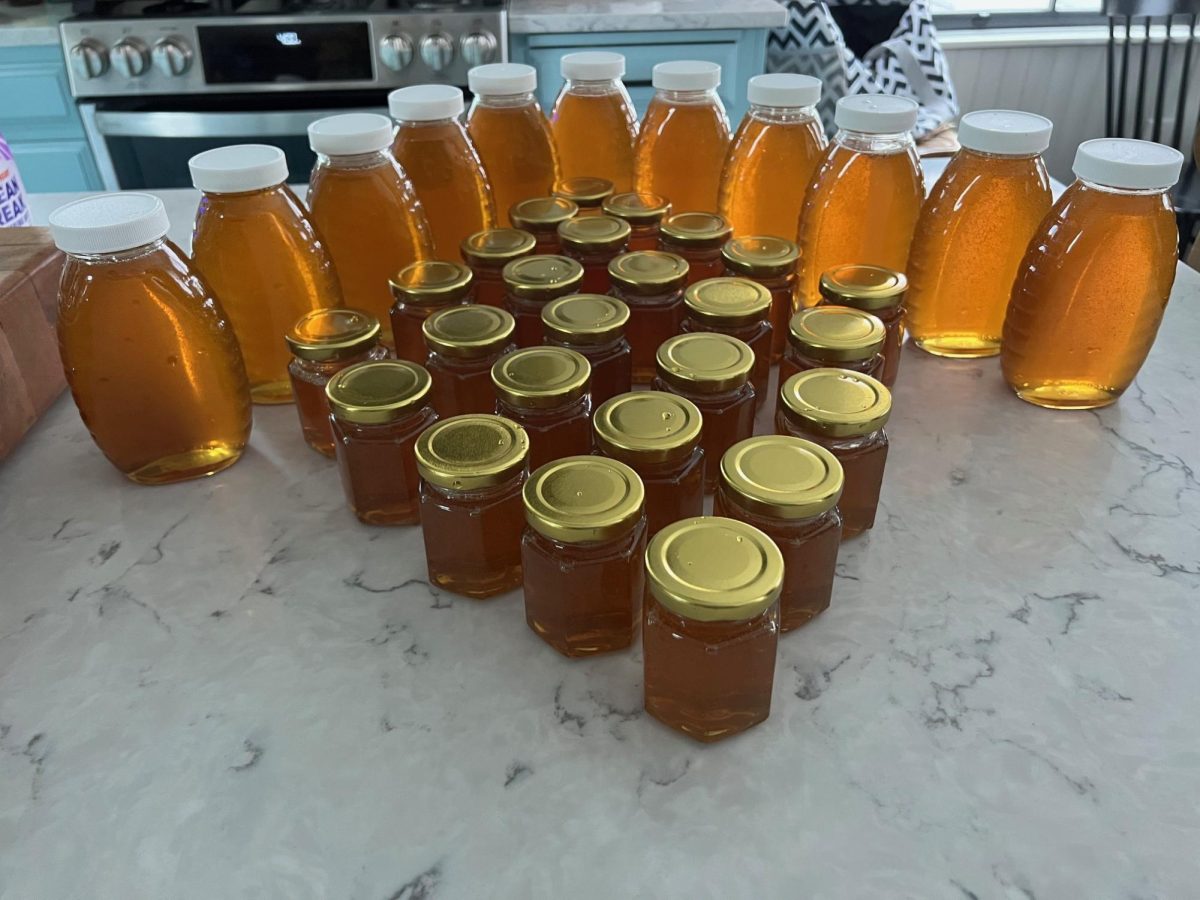GHS is a hive of activity as students and staff prepare for summer vacation. Two faculty members in particular are especially buzzed to spend their upcoming days devoted to their unique hobby: Beekeeping. Since discovering they share this interest, Jessica Carraro and Monica Madruga have been active in the beekeeping community.
Although they started for different reasons, Carraro and Madruga both have a deep love for beekeeping. Carraro was encouraged by friends a few years ago to start her journey, with Madruga following close behind to benefit her family. Her interest in beekeeping stemmed from her son’s need for local honey. “My son had really bad asthma,” Madruga said. “My friend used to give me local honey and it helped him. There’s just so many benefits to local honey I figured I’d give beekeeping a try.”
Their shared interest has strengthened their bond as coworkers and friends, while also benefiting an essential part of our Earth’s ecosystem.
“We talk about it a lot to make sure we’re on the same schedule and doing the necessary procedures,” Carraro said. “This summer and fall we harvested our honey together.”
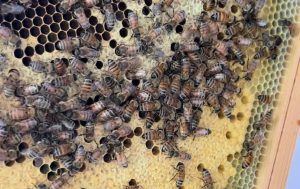
According to our beekeepers, their hobby is less labor-intensive than one would think. The bees are mostly left to their own devices and even in the city, a hive won’t disrupt the ecosystem. While beekeeping may not consume a large amount of time, the same can’t be said for the costs. Madruga noted that the bees, hives, and equipment are quite expensive. Additionally, many types of bees, aside from the Russian bee, are prone to all types of bacterial infections and mites which can have devastating effects. Medication is just as important, even though it racks up the expense. However, don’t let this discourage you, many beekeepers can make a considerable profit from the products of their bees. This includes making and selling lip balm, honey caramels, jarred honey, honey butter, and even candles. 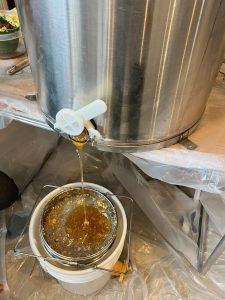
Despite this, Mrs. Carraro does not sell what she harvests. She believes that the fruits of her labor are not just honey.
“I’m constantly learning,” Carraro said. “I have kind of taken it on as a challenge. It’s beneficial to our garden and surrounding areas.” She adds that even watching them work is fascinating; “They’re really amazing creatures, how organized they are and how they work together.”
Even with all the benefits to neighborhood gardens, the landscape, and personal health, there are some drawbacks. Outside of being stung, to which Madruga stated she only had positive experiences with her bees, failure is a hurdle beekeepers must face. Ms. Carraro says the biggest downside to beekeeping is the bees not making it through winter.
“Though I feel like I’ve failed, I don’t think there’s a negative to introducing a hive to the ecosystem,” Boardway said. Because bees are cold-blooded, they minimize their activity and essentially hibernate. Having a colony make it through the winter requires a sustainable population so the bees can form a cluster for warmth and enough honey stored as a food source. If they are lacking in either of these departments, they will die.
Carraro said that even with a fear of bees, as long as you’re “efficient with your time and remain calm,” you won’t have a problem and you might even overcome that fear. Anyone can benefit from keeping bees or lending a helping hand to a beekeeper they know.
“My daughter actually helps me now but she was nervous at the start and just watched from afar first to ease into it,” Madruga said.
Though beekeeping is not for everyone, Madruga and Carraro have made it a source of community for themselves with honey as a bonus. A main source of information for our GHS beekeepers has come from friends, mentors, classes, books, and even social media. If you’re interested in keeping bees, Crystal Bee in Peabody is a bee supplier that both Madruga and Boardway utilize. Madruga even takes beekeeping classes with them. The most important thing is to educate yourself as much as possible before jumping into it. That way there’s a better success rate, no money wasted, and hopefully bees that last more than one season.

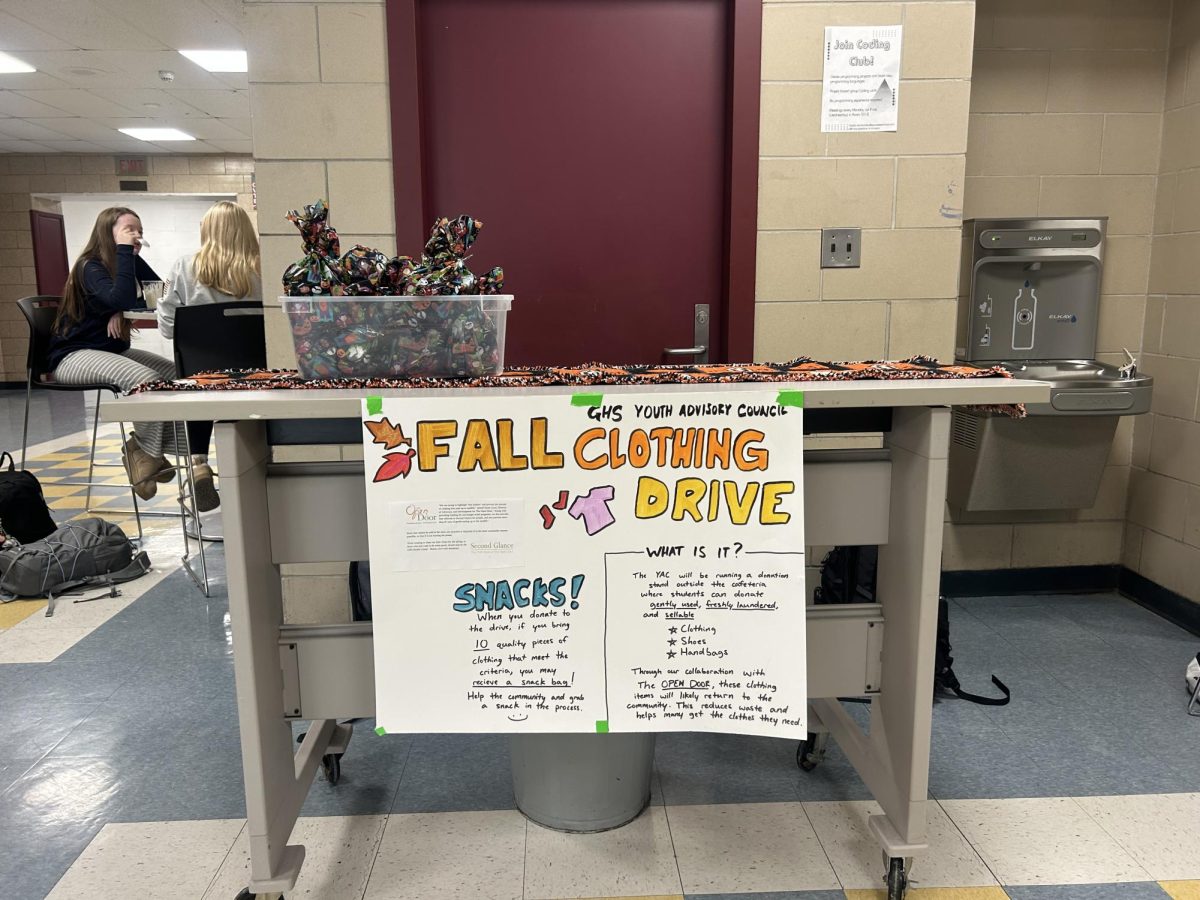










![The Volleyball team poses after their win. [Photo courtesy of GHS Volleyball]](https://thegillnetter.com/wp-content/uploads/2025/10/IMG_6936.jpg)







